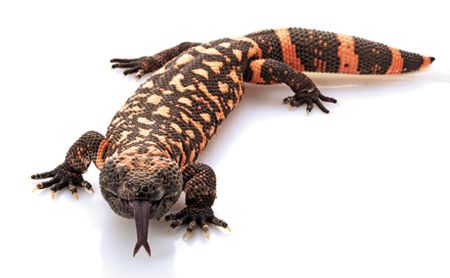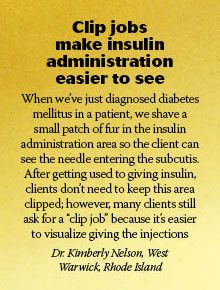Diabetes
Latest News
Latest Videos
More News

We asked Dave Bruyette, DVM, DACVIM, how hes using at-home blood glucose monitoring to improve care for diabetic pets, and how he convinces veterinary clients to overcome their fear of needles and injections. Heres what he said.

Come along as Dr. David Bruyette cuts through the mysteries of this potential confounding factor in diabetic patients.

We know you like to save pet owners money. Dr. Dave Bruyette explains how, in the long run, at-home blood glucose monitoring does just that.
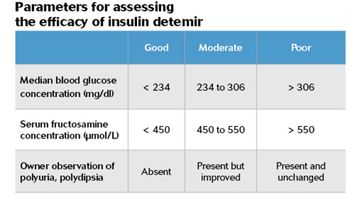
Veterinary practices have scant guidance on using the drug in dogs.
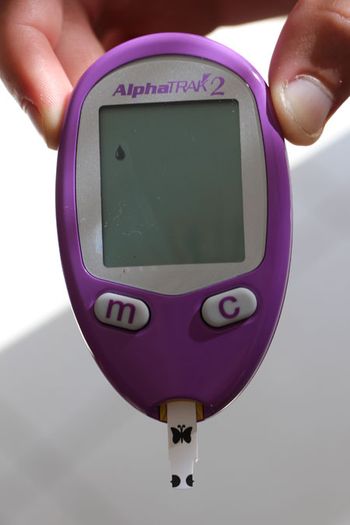
Mrs. Smith is hypervigilant and Mr. McKinley is laissez faire. Your veterinary team can manage these pet owners' expectations with these five fairly simple steps for more effective home monitoring without the frustration.

A review of the veterinary literature reveals when this phenomenon may more likely occur.

Investigating the best way to monitor dogs with hyperadrenocorticism and whether fructosamine concentrations can be used to monitor glycemic control in diabetic patients.

Knowing the barriers to care may aid in educating clients and addressing concerns that may impede care.

A look at which factors might make spontaneous normalization of glycemic control more likely in one of your feline patients.

This information about survival times and prognostic factors can provide valuable information for clinicians to better educate owners about treatment expectations and outcomes.

Drs. Wakayama and Bruyette offer a look at which diagnostic tests are most beneficial in detecting this often underdiagnosed condition.

See what veterinary endocrinologist Dr. David Bruyette recommends as the go-to insulin to treat diabetes mellitus in dogs.

Be supportive of pet owners when they're faced with their cat's diabetes diagnosis. Use these communication techniques to ease the burn of this challenging disease.

Keeping these concerns in mind may help with client communication.

Owning a diabetic cat gave this internist additional insights into how best to manage diabetic cats at home.

Dr. Lori A. Wise answers questions about managing the rise in diabetes in companion animals.

Learn the signs and common treatments for the chronic and acute complications that may develop so you can help catch them early in your feline patients.

Use these resources to communicate to communicate to clients about the disease.

In general, we try to regulate the diabetes before attempting to diagnose hyperadrenocorticism.

Answers to your questions about diabetes mellitus.

Ask Dr. Audrey Cook your questions about canine diabetes.
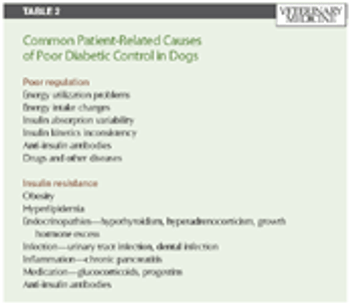
Diabetes mellitus is a common endocrinopathy in canine practice, but successful patient management sometimes can be a challenge.

Cats with diabetes can be challenging to monitor and treat because of the complex pathophysiology of the disease and cats' propensity for stress-related hyperglycemia.



